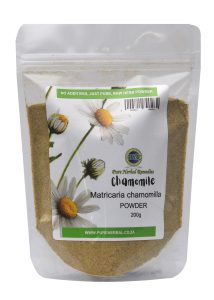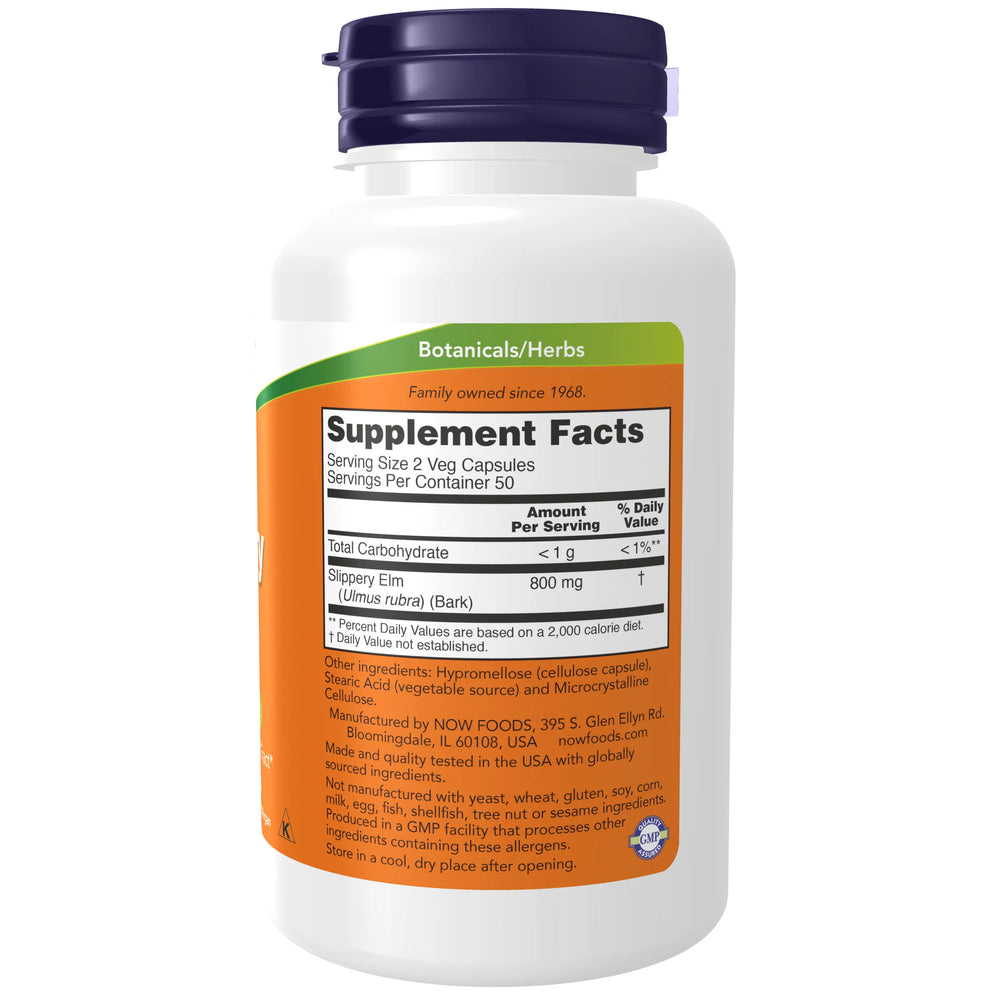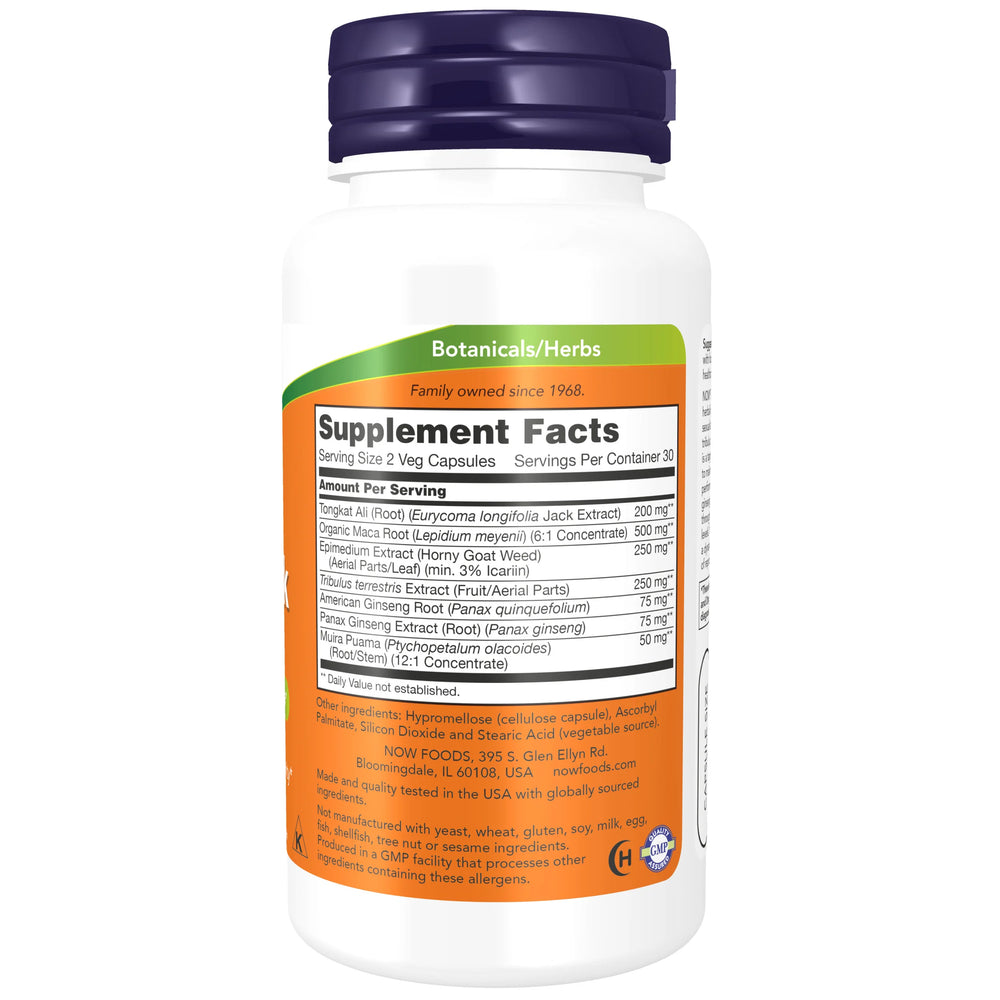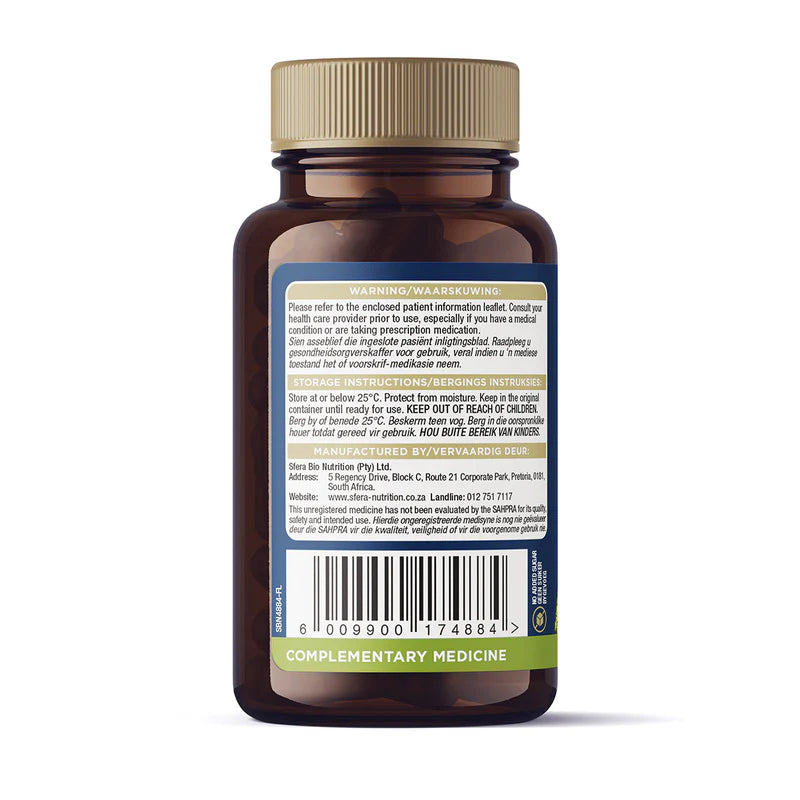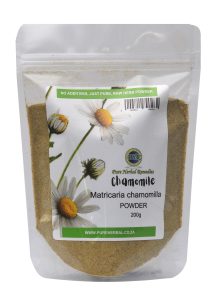Chamomile is an herb that belongs to the Asteraceae (daisy or sunflower) plant family and is grown around the world. It forms a daisylike flower with small white petals, a yellow center, and a thin stem, and can grow nearly 3 feet high.
Chamomile has been used as a traditional medicine for thousands of years to calm anxiety and settle stomachs. People in ancient Rome, Greece, and Egypt used dried chamomile flowers and their essential oils as a medicinal herb.
There's some evidence it could ease anxiety and maybe even help you sleep better. But we need more research, especially because many of the studies done so far have combined chamomile with other ingredients.
Still, chamomile is generally considered safe. Historically, people have used it for:
- Chest colds
- Fever
- Gum inflammation (gingivitis) and canker sores
- Sore throats
- Hemorrhoids
- Acid reflux
- Diarrhea
- Gas
- Irritable bowel syndrome (IBS)
- Inflammatory bowel disease (ulcerative colitis)
- Heartburn
- Nausea and vomiting
- Upset stomach or stomach ulcer
Some people also use chamomile in ointment or liquid form to help with skin conditions, such as:
- Abscesses
- Acne
- Eczema
- Infections such as shingles
- Minor first-degree burns
- Mouthsores due to cancer treatment (as a mouthwash)
- Psoriasis
Some early research suggests that chamomile may be about 60% as effective as certain doses of hydrocortisone cream for eczema.
Chamomile is also used as a mild sedative to improve sleep. You can try chamomile tea and other products to help with issues such as difficulty falling or staying asleep (insomnia), stress, anxiety , and depression.
In infants and young children, some people use chamomile or products containing chamomile to ease:
- Chickenpox
- Colic
- Diaper rash
- Diarrhea
Chamomile Dosage
Chamomile comes in many forms, so there's no standard recommended dosage.
Talk to your doctor before you use chamomile if you have any health conditions, take medication, or are pregnant or nursing. It could interact with drugs or other supplements you take.
Always ask your pediatrician before giving chamomile in any form to infants or children.
Chamomile in Food
You can use chamomile as an ingredient in soups, baked goods, jams, candies, and salad dressings. It's also used to flavor ice cream and cocktails and as a decorative garnish.
Side Effects of Chamomile
For some people, chamomile can cause side effects that range from mild to severe.
Potential side effects include:
- Allergic eczema and eye irritation from skin creams with chamomile
- Drowsiness
- Nausea or vomiting when taking chamomile in large doses
- An allergic reaction, especially if you're allergic to related plants such as ragweed, daisies, marigolds, or chrysanthemums
Stop using chamomile and seek immediate medical help if you have signs of a serious allergic reaction (anaphylaxis), such as:
- Trouble breathing (asthma)
- A red, itchy rash (contact dermatitis)
- Swelling of your throat or lips (angioedema)
The effects of long-term chamomile use aren't known.
Risks
If you have any health problems, check with your doctor before using chamomile.
Its risks include:
Mild blood -thinning effects, which may increase the risk of bleeding if you take blood thinners such as warfarin. This usually only happens when you take chamomile in high doses for a long time.
If you're having surgery, stop taking chamomile 2 weeks before the procedure. This precaution can reduce the risk of bleeding and prevent possible interactions with anesthetic drugs.
Don't use chamomile if you're pregnant or nursing, as we don't know if it's safe in these conditions.
Talk to a pediatrician before giving chamomile to babies or children.
Medication interactions
If you take any medications regularly, talk to your doctor before using chamomile supplements.
In addition to blood thinners, chamomile may interact with:
- Sedatives
- Antiplatelet drugs
- Antidepressants
- Anti-seizure medications
- Aspirin
- Benzodiazepines
- Cyclosporine (to prevent organ transplant rejection)
- Drugs used to treat insomnia
- Nonsteroidal anti-inflammatory drugs (NSAIDs) such as ibuprofen and naproxen
Also, be careful when using chamomile with other supplements such as:
- Garlic
- Ginkgo biloba
- Saw palmetto
- St. John's wort
- Valerian
Chamomile FAQs
How does chamomile help you sleep?
Scientists aren't sure which compound in chamomile may be responsible for its reported ability to help you relax. It may be apigenin, which is thought to have anti-anxiety properties. It could also be that the act of drinking warm tea promotes relaxation.
Who can't take chamomile?
Avoid chamomile if you:
- Are allergic to chamomile or related plants, including ragweed, marigolds, daisies and chrysanthemums
- Are pregnant or nursing
- Have asthma
- Plan to drive, as it may make you sleepy
- Have surgery scheduled in the next couple of weeks
Talk to a doctor first if you:
- Have other health conditions, such as cancer or digestive disorders
- Regularly take any medications, including blood thinners
- Are considering giving it to a baby or child
Can you drink chamomile tea every day?
We don't know how safe it is to use chamomile long-term. Drinking too much tea could cause side effects. Talk to your doctor if you plan to drink more than a cup or two a day.
Does chamomile tea have caffeine?
Chamomile tea has no caffeine.


